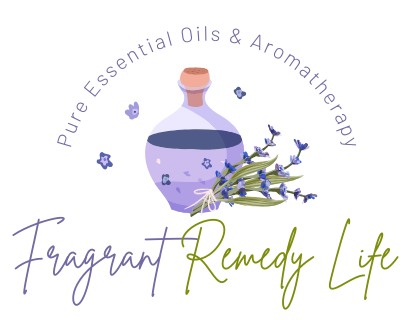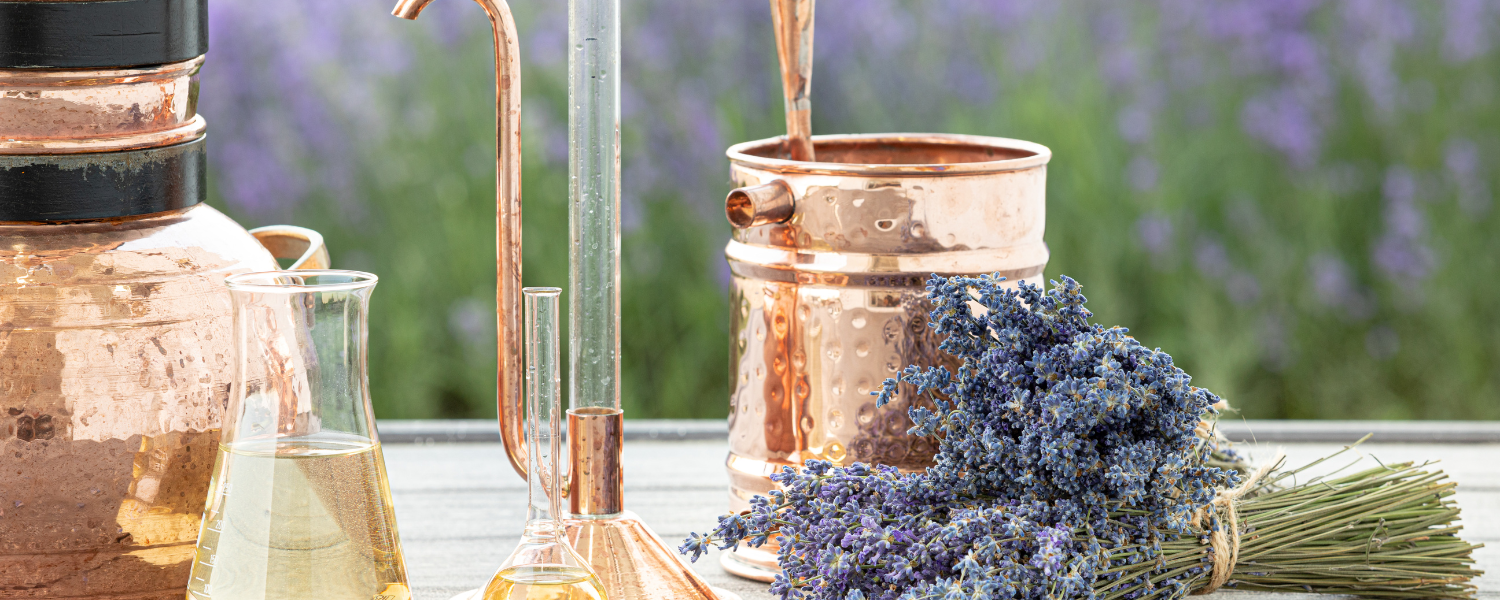Thanks for joining me today, Are you confused about essential oil grades? I know I was asking myself whether therapuetic or aromatherapy grade oil would be the choice. Read on to find out what I discovered…
I was actually surprised to learn that there is no official grading system and no such thing as Essential Oil grades. The terms Therapeutic and Aromatherapy Grade are invented by Multi-Level Marketing companies. I’m guessing it’s because there’s no money in it, unlike big pharma with there big money patents and big money business, you can’t patent a plant, so who cares right? There is though, plenty to be made from good marketing and in the absence of an official grading system, it makes sense that these companies look for a way to promote their oils above the rest.
Buying Quality Essential Oil
I have found that not all Essential Oils are as pure as you would think, nor as potent in it’s therapeutic uses. A poor quality oil may smell good but the aroma will diminish quicker and the benefits will be less obvious.

The problem is that anyone can use these terms, so although it’s a good place to start when choosing someone to buy your oils from, you will want to look further into why they claim to sell Aromatherapy/Therapeutic grade oils. For instance If they’re trusted by trained Aromatherapists, then the term Aromatherapy or Therapeutic grade has some meaning, as only pure unadulterated oils that possess the highest ratio of natural constituents are used by trained therapists.
We could be here all day discussing the quality of essential oils, factors like soil type, altitude, country of origin, the amount of sunshine and rainfall all come into play. Harvesting at peak times, storage of crops and the extraction process must also be considered when determining the quality of an oil. We don’t have all day of course so I’ve put together some info that will hopefully point you in the right direction when choosing your supplier.

Aromatherapy Trade Council
Although there’s no official grading system, there are people in the industry who care. In 1993, amid concerns about the safety and quality of Essential Oils in an ever growing market, the ATC – Aromatherapy Trade Council were formed.
The ATC were the first self-regulating and authoritative body for the UK Aromatherapy trade. They now represent about 75% of the UK trade, all of who adhere to safety and quality standards. The ATC advise that when buying your Essential Oils you should refer to their Membership list, all of whom are guaranteed to be responsible suppliers of Essential Oils and Aromatherapy products. Clicking on the ATC screenshot below will take you to their list if you want to check it out.

Gas Chromatography
You’ll see batch specific GC reports referred to a lot by any essential oil supplier worth their salt, as this is the main method used for testing the precise chemical makeup of an oil. Gas Chromatography shows the order in which the different constituents of an oil vaporise, and the quantity of each constituent expressed as a percentage. Some oils have over 400 constituents and many oils have the same constituents but in different proportions.
As an example, we can take a look at Lavender essential oil, is it labelled with the Latin name Lavandula angustifolia, commonly Lavender essential oil, or Lavandula latifolia, commonly Spike Lavender essential oil? Take a look at the Gas Chromatography images below, and you’ll see one has a much higher Camphor level than the other!
11.28% Camphor

0.2% Camphor
Spike Lavender has a much higher level of camphor which gives it expectorant properties. This is why Spike Lavender would be a better choice than Lavender, if you were looking to ease the aches and pains of suffering through a cold. Whereas Lavender with almost no camphor, would be your perfect de-stress diffuser oil with it’s sweet floral aroma it can calm and sooth at the end of a busy day.
Organic Essential Oils… Are They Superior?
In recent years organic has become very popular for obvious reasons and if you’d prefer organic, lots of reputable companies now have organic ranges or indeed are solely organic. I’m not qualified to say whether organic oils are superior to non-organic oils or not, I can only tell you that from my research, the reviews for the organic oils seem to give that impression.
If you’re buying your oils from a company that claims their essential oils are organic they should be certified by the Soil Association in the UK or the USDA in the US. These suppliers have to maintain comprehensive standards to be certified and to support their claim they should be displaying the Certifying Bodies logo on their website or marketing campaign.


You can also perform your own search of a company to check their license, on either the Soil Association website in the UK, or the USDA website if buying from the US. Click on the images below to be taken to the respective websites to check them out.
On the other side of the coin, the non-organic sellers say if pesticides were left in the oils, it would be showing up in the composition reports, and rejected, so you don’t have to buy organic to be assured of quality, some companies will also only use farmers that ethically harvest their crops.
There’s also Wild Crafted essential oils to consider, although not certified organic, they will not have been contaminated by pesticides and fertilisers while growing in their natural habitat. Organic Essential Oils have to meet strict guidelines to ensure the plant material has been grown and farmed organically, and are free from pesticides.
Ethically Harvested
It’s about Sustainability, ethically harvested oils are derived from herbs, shrubs or trees that are consciously cultivated in their natural environment to be sure the species can grow in abundance and is not depleted. Plants that are not farmed but collected in the wild, especially in forests are not eligible for organic certification because it only covers farmed produce.
Wild Crafted
Wild Crafted Essential Oils are sourced from wild plants in their natural habit, without the need for pesticides or fertilisers, and I mentioned earlier, aren’t eligible for organic certification because they are not farmed produce.
Bottom Line
So it really comes down to personal choice, but be prepared to pay more for organic oils due to the cost of growing and maintaining crops in compliance with organic farming principles.
Want To Learn More About Aromatherapy?
Here are some of my favourite resources for learning more about how to use essential oils in skincare, aromatherapy, and cleaning products.
- Quinessence Aromatherapy Lifestyle – A great blog to read about essential oils and all things aromatherapy.
- Aromaweb – one of, if not the best source for all things aromatherapy on the internet.
- ATC – (Aromatherapy Trade Council) the trade association for the specialist aromatherapy essential oil trade.
- Aromahead Blog – Some great Aromatherapy and essential oil reading from Andrea Butje who is an an internationally recognized Aromatherapist.
- Tisserand Blog – A reputable UK seller with tons of information and training.
That’s all I have for you today, I hope you’re a little less confused about essential oils now. Please share this with you’re friends if you think it would help them too.
If you have any questions leave me a comment below or just say hello. 🙂





